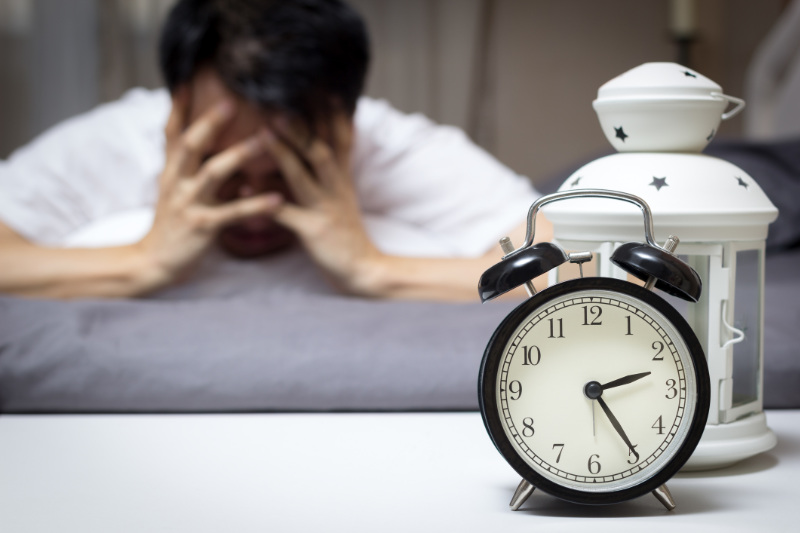

Concerns or frustration about your sleep.Problems focusing, concentrating, or paying attention.But it’s likely that sleep problems at night will also cause some daytime symptoms, too. If you have insomnia, you’ll experience one of those symptoms. You wake up earlier in the morning than you anticipated.You wake up in the middle of the night and can't fall back to sleep within 30 minutes.

Lying awake for 30 minutes or longer once you get into bed should raise a red flag. They also only are effective for short term treatment, and stop working if you keep taking them.Insomnia, which you might have after just one night of bad sleep, involves any one of these three main characteristics or symptoms, explains Sara Nowakowski, PhD, a clinical psychologist and sleep researcher at the University of Texas Medical Branch in Galveston. Sleeping pills can have serious side effects and you can become dependent on them.

GPs now rarely prescribe sleeping pills to treat insomnia. This can help you change the thoughts and behaviours that keep you from sleeping. Sometimes you will be referred to a therapist for cognitive behavioural therapy. Your GP will try to find out what's causing your insomnia so you get the right treatment. your insomnia is affecting your daily life in a way that makes it hard for you to cope.changing your sleeping habits hasn't worked.sleep in after a bad night's sleep – stick to your regular sleeping hours instead.watch television or use devices right before going to bed – the bright light makes you more awake.exercise at least four hours before bed.smoke, or drink alcohol, tea or coffee at least six hours before going to bed.make sure your mattress, pillows and covers are comfortable.make sure your bedroom is dark and quiet – use thick curtains, blinds, an eye mask or ear plugs.relax at least one hour before bed – for example, take a bath or read a book.



 0 kommentar(er)
0 kommentar(er)
